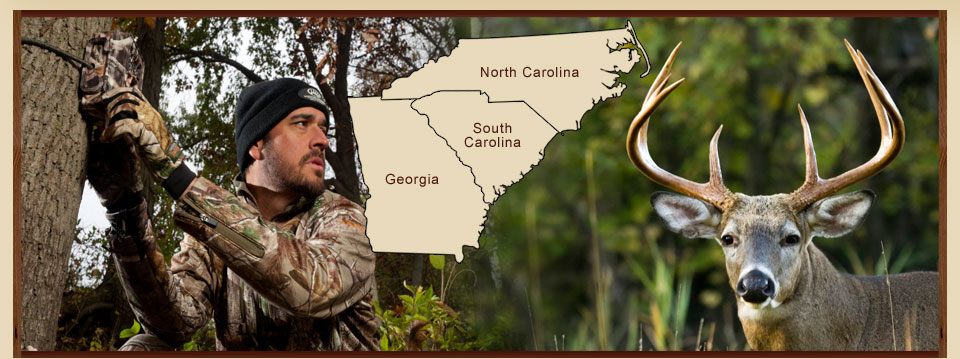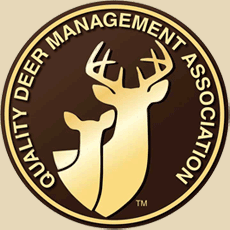 When it comes to hunters, we all share a passion for chasing game animals. Whether its big whitetail bucks, strutting turkeys, bugling elk – you name the species and there are those of us who enjoy chasing them. And regardless of the species, there are certain things all hunters should know. If you are an elk hunter, duck hunter, deer hunter, gun or bow there are some universal truths. For space concerns, I will cover two or three a week until all ten have been covered. And for clarity, I will list them in order of importance. So now let’s begin.
When it comes to hunters, we all share a passion for chasing game animals. Whether its big whitetail bucks, strutting turkeys, bugling elk – you name the species and there are those of us who enjoy chasing them. And regardless of the species, there are certain things all hunters should know. If you are an elk hunter, duck hunter, deer hunter, gun or bow there are some universal truths. For space concerns, I will cover two or three a week until all ten have been covered. And for clarity, I will list them in order of importance. So now let’s begin.
- How to read a compass: Of all things hunters need to understand, knowing where you are is paramount. It doesn’t make for a good use of time, if your western hunt for mule deer is spent trying to find your way back out of the bush. Or if your deer has suddenly taken leave. Hunters everywhere have had moments of – how do we say – location confusion. Few true outdoorsmen will admit being lost – but I for one spent most of a day in southern Pennsylvania very confused. This is when I learned how to read the compass I always kept in my pack. From that day on, I will always take a compass reading of my location and destination. A good compass is a great investment – while I know a lot of hunters who use their smart phone or a GPS for orienteering, these electronic items are prone to failure when you need it the most. A good floating needle compass will not fail. It is very dependable and when used will always help you find your way.
2. How to Safely Use your Firearm: I know this may seem elementary; however every year hunters are injured or killed by misusing their firearms. By firearms, I mean centerfire, rimfire rifles, shotguns, pistols and muzzleloaders. And each carries unique characteristics that we need to be very familiar with. One excellent example are the safeties of each gun. Some of the safeties are located in front of the trigger guard, others behind. Some are thumb safeties on the tang, others are located by the bolt. Knowing where the safety is, how it operates and operates safely will prevent a lot of unnecessary stress and anxiety and possibly an accident. Other issues with your firearm that happens more than many realize is confusing ammunition with guns. It’s a common mistake to slip some 20 gauge shells into a 12 gauge shotgun. Or sliding a .243 into a .308 – these outcomes are never pleasant. It’s a good habit to double check your ammunition when using a firearm.
I often take a back-up gun with me when I travel to hunt, and most of the time it will be a different caliber (in case I get the chance to hunt coyotes when on a deer hunt) or in case there is a malfunction with my primary weapon. Verifying ammunition is critical to prevent a sever accident.
Handguns are another item all together. As a handgun hunter, I know these big powerful guns are a thrill to shoot, and carry a lot of energy. But, when handling one of these big handguns, extreme care needs to be used. I need to say here that we always need to keep the muzzle pointed in a safe direction, and always treat a gun as if it were loaded. A little extra care here will make for a lifetime of great memories, not one of sad memories.
Next installment will cover the points 3-4 of the top ten things all hunters should know – # 3 is “Understanding the anatomy of your quarry” and # 4 “Understanding the weather”




